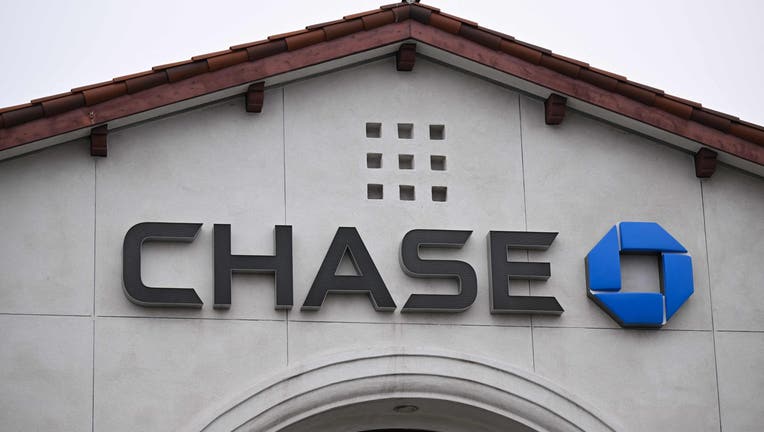New rules could make it easier to switch banks

A Chase Bank branch in Redondo Beach, California, on March 13, 2023. (Photo by PATRICK T. FALLON/AFP via Getty Images)
A new banking rule will make it easier to switch banks or financial service providers, but it’s already facing pushback from the financial industry.
The open banking rule, finalized by the Consumer Financial Protection Bureau (CFPB) last week, requires financial institutions, credit card issuers and other financial providers to unlock a customer’s personal financial data and transfer it to another provider at the customer’s request for free, the CFPB said in a release.
RELATED: Inflation gauge falls to lowest level in 3 1/2 years
Customers have long complained about the hassle of switching banks or lenders. It can take days – or weeks – to get money transferred, and you have to manually transfer all the automatic payments coming out of your account, leading to potential late payments.
The federal agency said the new rule will fuel competition and allow customers to move more easily to financial providers with better rates and service. The CFPB says it will also help lower prices on loans "and improve customer service across payments, credit, and banking markets."
RELATED: Here’s how much money is needed to be considered middle class in every state
"Too many Americans are stuck in financial products with lousy rates and service," CFPB Director Rohit Chopra said in a prepared statement.
What is open banking?
Open banking is the practice of banks and other financial service providers sharing customers’ financial data through application programming interfaces (APIs) with customer consent, according to the payment app Stripe.
Why do banks and credit card companies oppose open banking?
The Bank Policy Institute, a banking lobbying group, and the Kentucky Bankers Association filed a lawsuit challenging the new open banking rules. The suit accuses the CFPB of overstepping its authority and claims open banking would put customers’ financial data at risk, Reuters reported.
At a recent banking event, JP Morgan Chase CEO Jamie Dimon said the industry plans to fight the new regulations.
"We’re going to fight," Dimon said at the event, according to The Lever. "We’re going to win this one, too."
If the rule survives challenges from the industry, it’s set to take effect in 2026 for larger banks and 2030 for smaller institutions.

